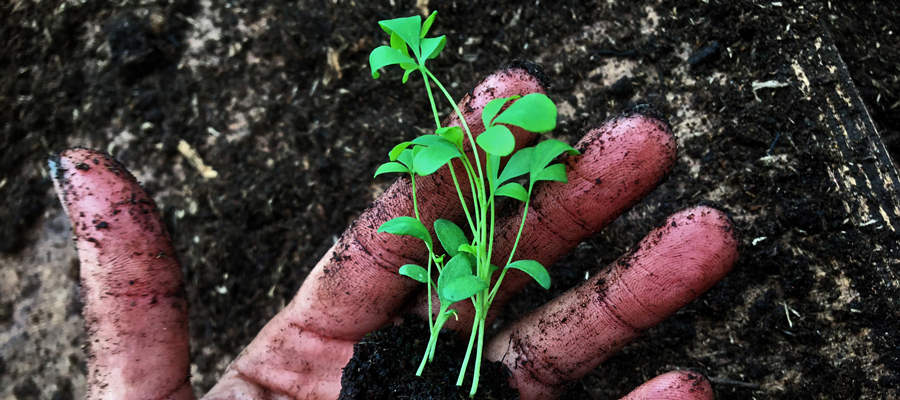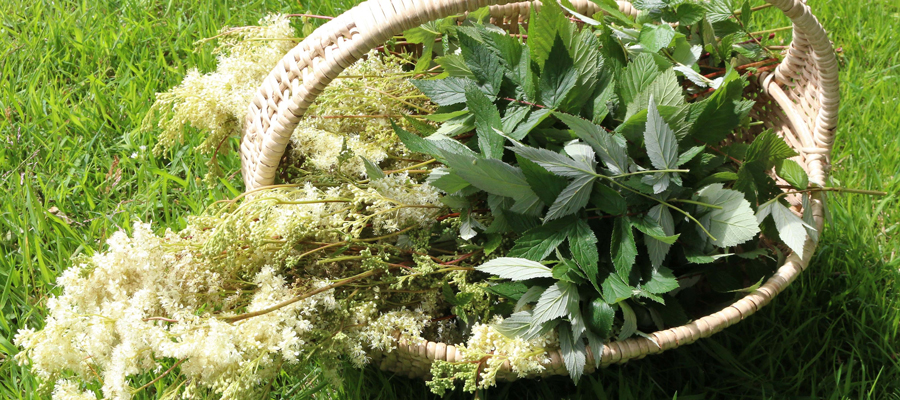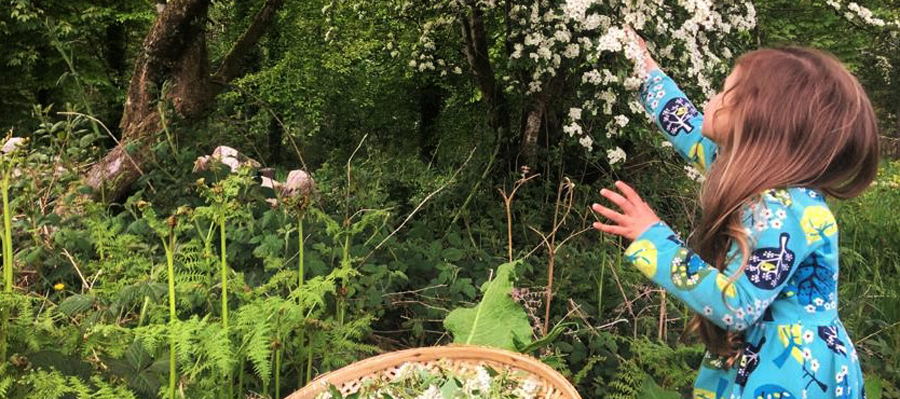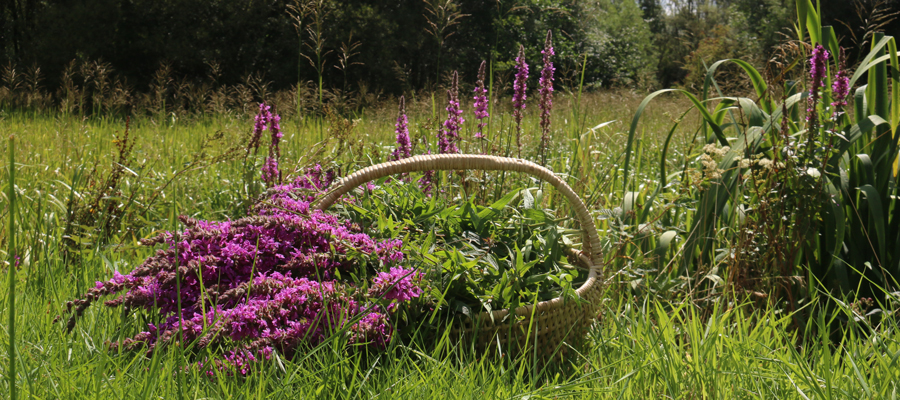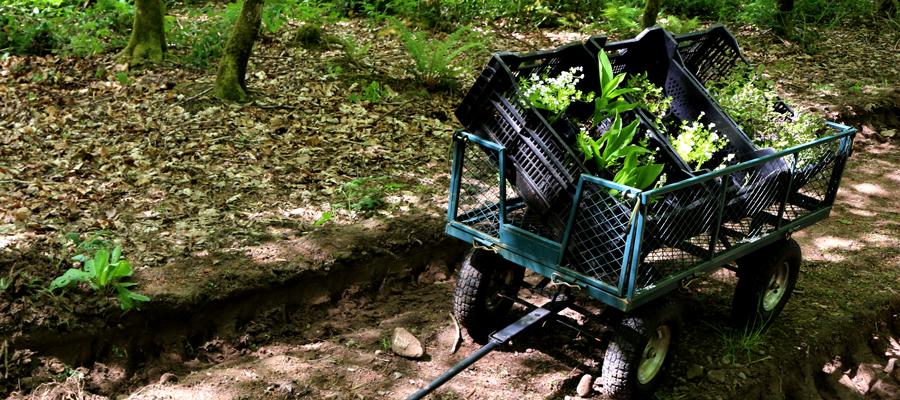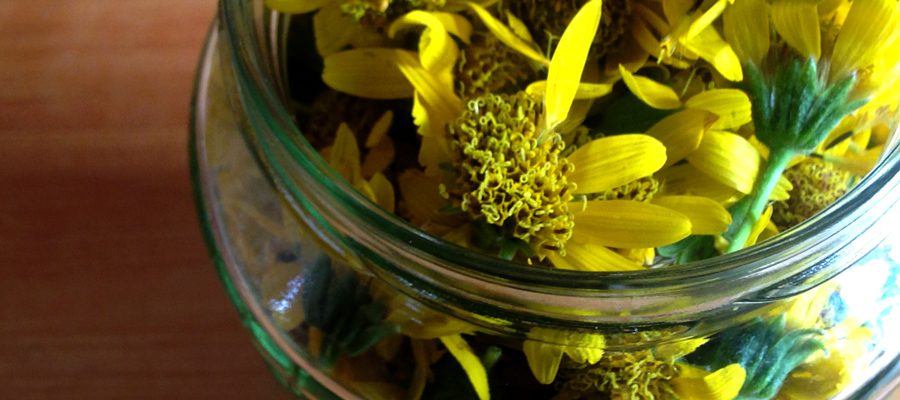Herbal vinegars are a wonderful way to create tonics and remedies from your medicinal herbs and wild plants. We make ours with apple cider vinegar which has its own healing properties, making it a great menstruum for herbal extractions… and anyone can do this at home for themselves.
Some of apple cider vinegar’s health benefits are it’s ability to increase digestive function, have a positive effect on gut flora, increase metabolism and excretory functions in the body by supporting the liver, kidneys, lymphatic system and skin to work properly. Apple cider vinegar is gentle acting enough for most people to take regularly as a tonic and can be enhanced by using it to make herbal extractions. You can buy Irish organic apple cider vinegar ‘with the mother’ from farms and orchards like Highbank or Clashganny. Some farms will sell to you in larger quantities if you are interested in making lots of herbal vinegars.
So which herbs are suitable? Well, you could consider almost any safe medicinal herb to make a herbal vinegar but there are certain herbs we like to make vinegar extractions from every year. We like to make herbal vinegars from fresh plants when they are at their peak throughout the growing season - so the long list of vinegars to make have already begun. Last week we harvested Sage, Nettle, Cleavers and Thyme from the garden and woodland. Other plants on the list this year’s vinegar list include: Elder flower, Elder berry, Nasturtium, Meadowseet, Rosehip, Wormwood and Horseradish root. Another vinegar we loved to make was Sea Buckthorn berry when we lived by the sea – it made the most delicious winter tonic vinegar mixed with Rosehip and Elder berry!
We make these vinegars for use in clinical practice where they can be combined with herbal tinctures in formulas for patients. For example, we often add herbal vinegars of Nettle and Meadowsweet into formulas for arthritis and gout or vinegars like Thyme and Cleavers into formulas for upper respiratory tract infections. Vinegars like Nettle, Cleavers or Horseradish root can be used alone as tonics for Kapha type imbalances where metabolism is slow, and digestion is sluggish. Sage or Thyme vinegars can be used as a gargle for throat infections. Their uses on their own or in combination with herbal tinctures are endless.
The easiest way to make your herbal vinegars is simply fill any sized jar two thirds full of your chopped-up plant material. Fill the jar up with apple cider vinegar. Close the lid tightly. Keep the jar anywhere out of direct sunlight. Give the jar a good vigorous shake EACH day for the next 2-3 weeks. Strain your vinegar, compost the plant material, and bottle the liquid in a clean steralised glass bottle. Your vinegars can be taken daily as a tonic in teaspoon amounts before a meal or added into food or onto salads. These types of simple and traditional homemade herbal vinegars are definitely worth making and using for overall health and vitality all year round… so get out there and get making!



